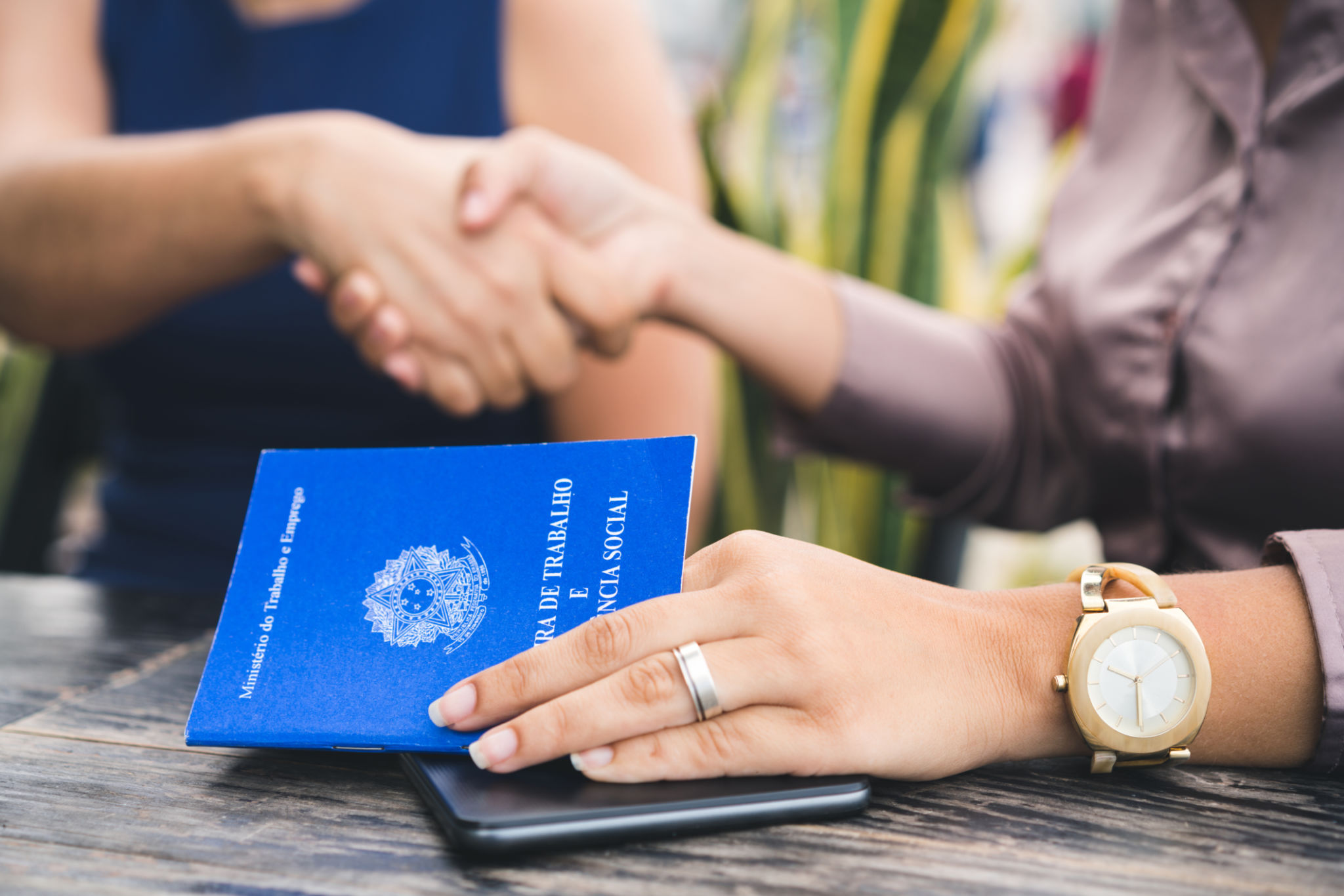How to Navigate Brazilian Trade Regulations: A Guide for Jacksonville Importers
Understanding Brazilian Trade Regulations
Brazil is an economic powerhouse in South America, offering vast opportunities for importers from Jacksonville and beyond. However, navigating its complex trade regulations can be challenging. Understanding these regulations is crucial for any business aiming to engage in trade with Brazil. This guide will provide you with the essential information needed to ensure a smooth importation process.

Key Import Regulations
Brazil has a comprehensive legal framework governing imports, primarily regulated by the Secretariat of Foreign Trade (SECEX) and the Federal Revenue Secretariat. Importers must comply with various requirements, including obtaining an Import License (LI), which is necessary for certain goods. The licensing process is managed through the Integrated Foreign Trade System (SISCOMEX).
Additionally, importers should be familiar with the Mercosur Common Nomenclature (NCM), which aligns with the Harmonized System (HS) used globally. This classification system determines tariffs and regulations applicable to different products.
Duties and Taxes
Brazil imposes several taxes on imported goods. The most significant ones include the Import Duty (II), Tax on Industrialized Products (IPI), and Social Integration Program (PIS) tax. Understanding these taxes is vital for accurate pricing and cost calculations.

The Import Duty varies according to the NCM classification of the product, while the IPI tax rate depends on the product's nature and its degree of essentiality. PIS and COFINS (Contribution for the Financing of Social Security) are also applied to the import of goods at varying rates.
Documentation and Compliance
Proper documentation is critical when importing into Brazil. Essential documents include the Commercial Invoice, Bill of Lading, Packing List, and the Import Declaration (DI). Each document must be accurately completed to avoid delays or fines.
Compliance with Brazilian standards and regulations is non-negotiable. Products may require certification from the National Institute of Metrology, Quality, and Technology (INMETRO) or other regulatory agencies, depending on their category.

Partnering with Local Experts
Given the complexity of Brazilian trade regulations, partnering with local experts or consultants can be invaluable. They can provide insights into regulatory changes, assist with documentation, and offer solutions to potential challenges.
Building strong relationships with local customs brokers can further ease the import process. These professionals have a deep understanding of Brazilian customs procedures and can help ensure compliance with all necessary regulations.
Final Thoughts
Successfully navigating Brazilian trade regulations requires diligence, knowledge, and strategic partnerships. By understanding the key elements of the import process and leveraging local expertise, Jacksonville importers can tap into Brazil's thriving market with confidence.